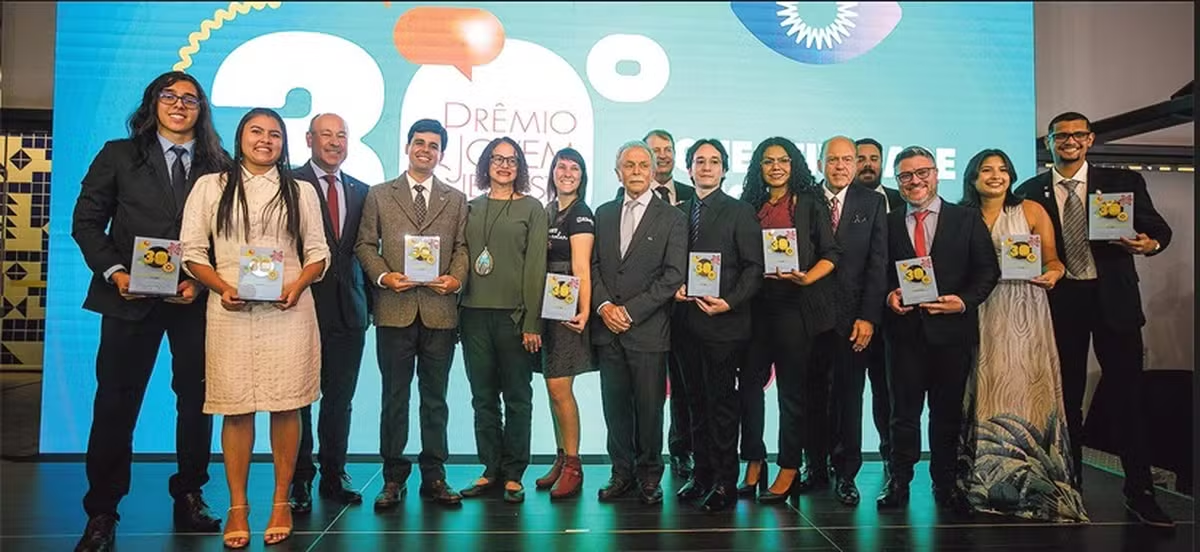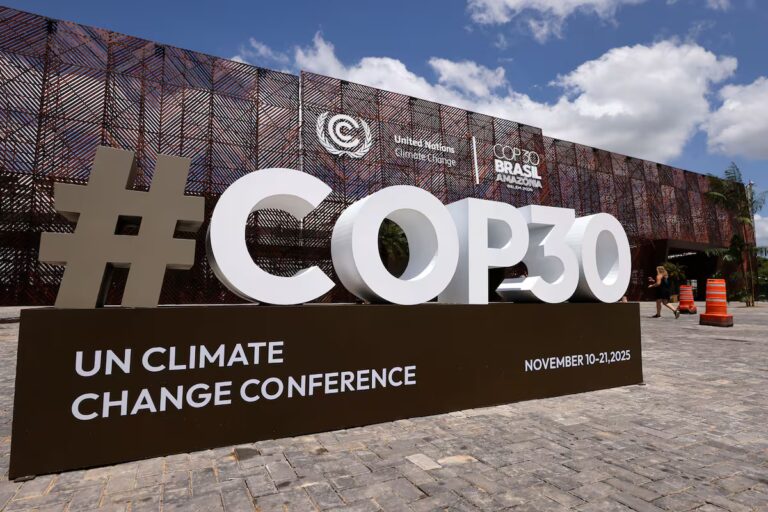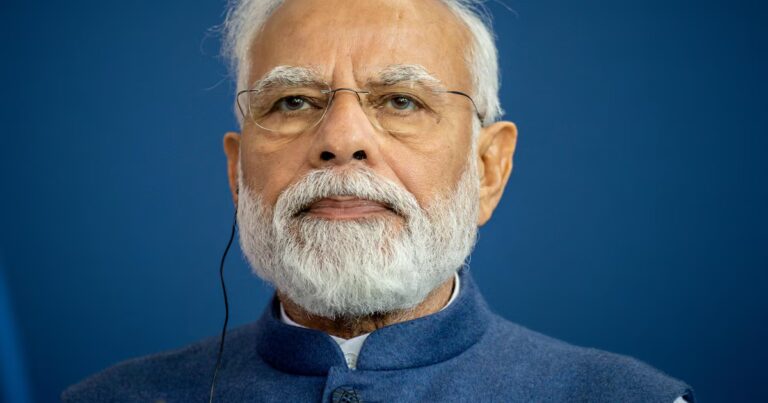
The most anticipated day is approaching. The announcement of the winners of the 31st Young Scientist Award will take place on the 26th in Brasilia. The award is one of the nation’s leading awards in science and recognizes students and researchers at various levels of training. The awards ceremony is scheduled for 2026, with a date yet to be determined.
- Climate Fund: BNDES raises R$21 billion in collaboration with development agencies to invest in sustainable projects
- abroad: Brazil raises USD 2.25 billion through dollar-denominated sustainable bond issue
This year, the award aims to highlight innovative solutions to one of today’s biggest global challenges, with the theme ‘Tackling Climate Change: Science, Technology and Innovation as an Alliance’. According to CNPq, 919 registrations were registered from students and researchers in the secondary education, higher education, master’s and doctoral categories.
According to Vanessa Ronchi, project leader of the Roberto Marinho Foundation and coordinator of the award, the wide participation reflects the growing interest of young people in scientific research and environmental topics.
— Analyzing the entries reveals the ties students maintain with their field, regardless of category. These are studies that aim to solve local problems or reduce impacts on communities, but ultimately serve as a model for other parts of the country.
- Associate national: American democracy and federalism alleviate the lack of American government in the COP
Among a series of studies featured in Young Scientist magazine this year. Topics include resilience and adaptation to climate change, sustainable cities, water and food security, bioeconomy, circular economy, and emerging technologies for climate mitigation. The submitted proposals aim to combine scientific rigor and social engagement, making a practical contribution to the communities in which young researchers reside.
— It’s so beautiful to see how these researchers work with invisible people and places — Ronchi explains.
In the higher education, master’s and doctoral categories, 43% of this year’s registrations were from students in the Southeast region. 22.7% from the Northeast; 19.25% from the South. 7.1% from the north; and 6.7% were from the Midwest. In terms of age structure, 30% of registrants are between 25 and 29 years old, and 27% are between 24 years old.
The Young Scientist Award has two other special categories. One is “Institutional Merit,” which recognizes institutions that have produced outstanding students, and the other is “Scientific Merit,” which recognizes leading researchers in the edition’s topic.
Established in 1981, the Young Scientist Award is a partnership between CNPq and the Roberto Marinho Foundation, with master sponsor Shell and media support from Editora Globo and Canal Futura. The aim is to respect youth leadership and promote the integration of education, research and innovation.
Possible prizes include laptops, CNPq scholarships, and amounts ranging from R$12,000 to R$40,000. The initiative has already collected more than 22,000 entries and awarded Scientific Achievement Awards to 23 educational and research institutions and seven physicians, as well as 203 students and researchers.



